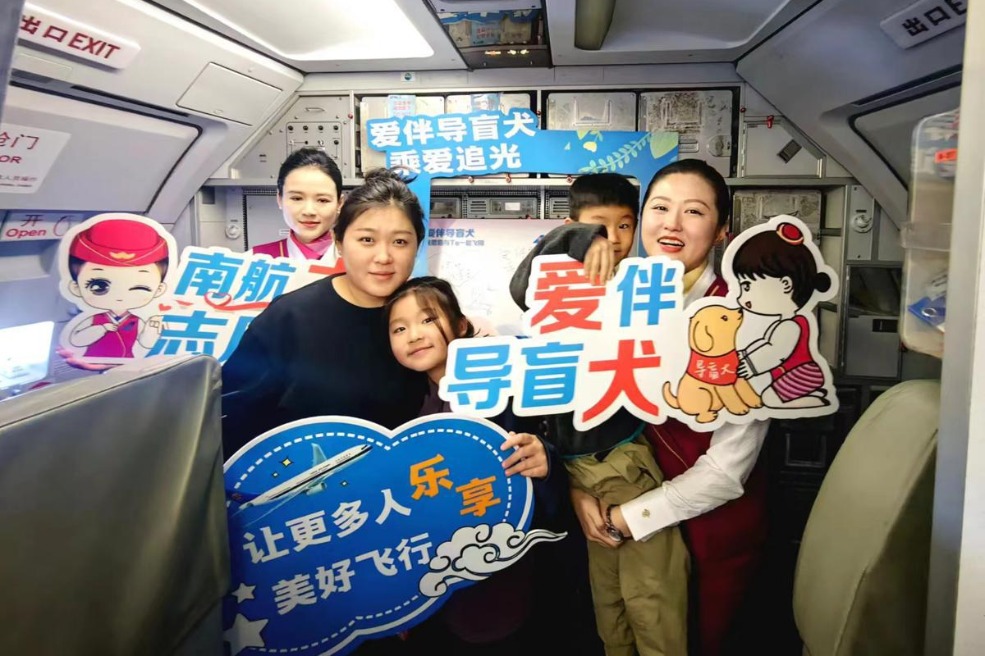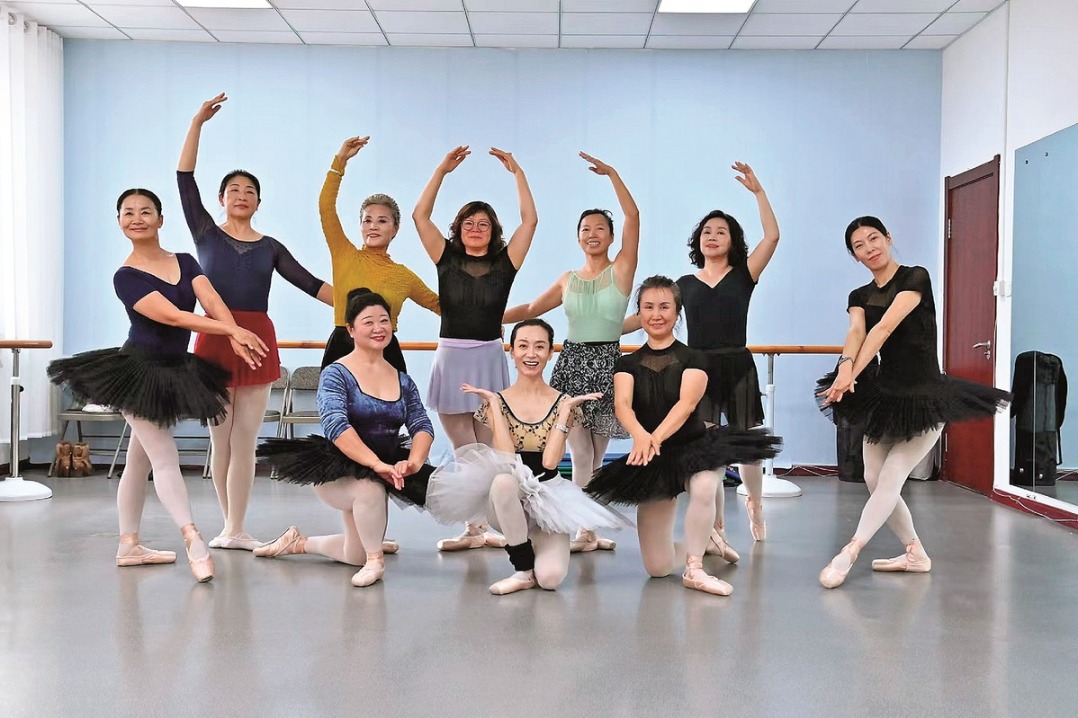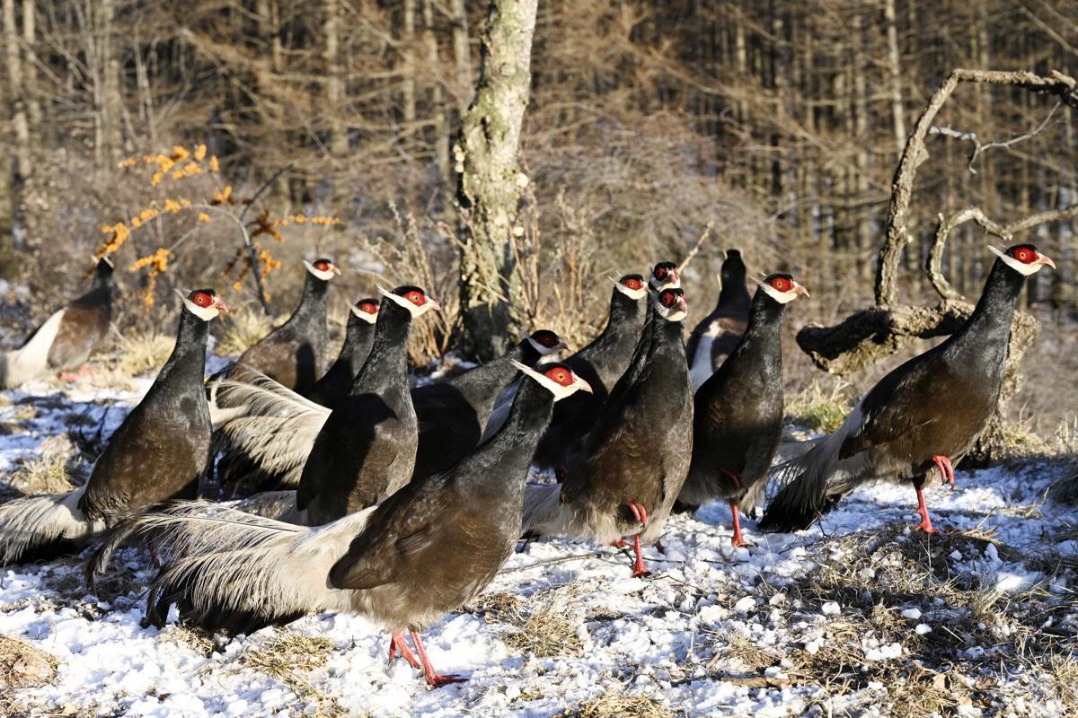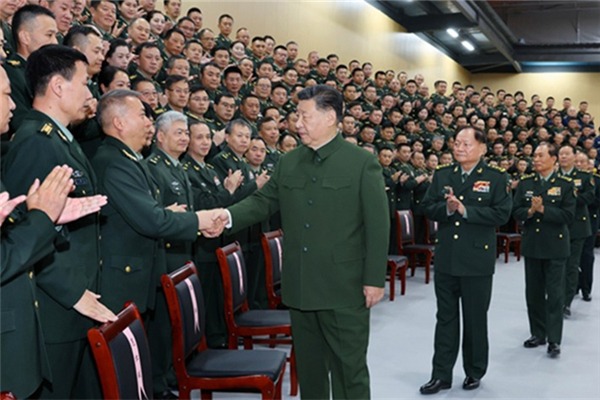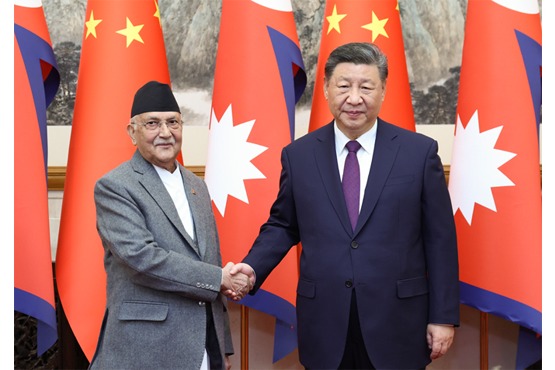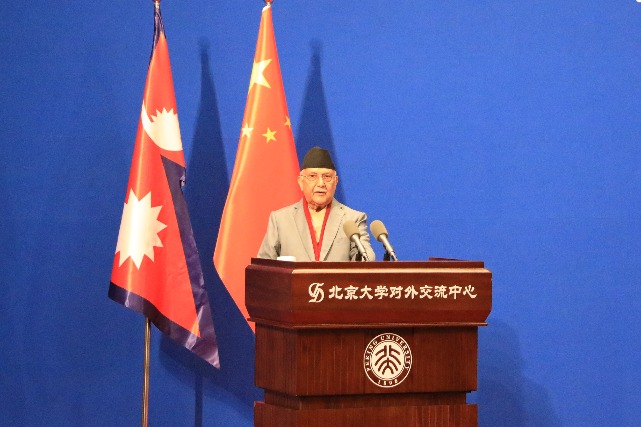Cushioning headwinds
A subtle global reconnection is underway as economies seek alternatives and forge new ties to navigate growing uncertainties spawned by fresh trade tariffs likely to be imposed by the incoming US administration. Liu Yifan reports from Hong Kong.

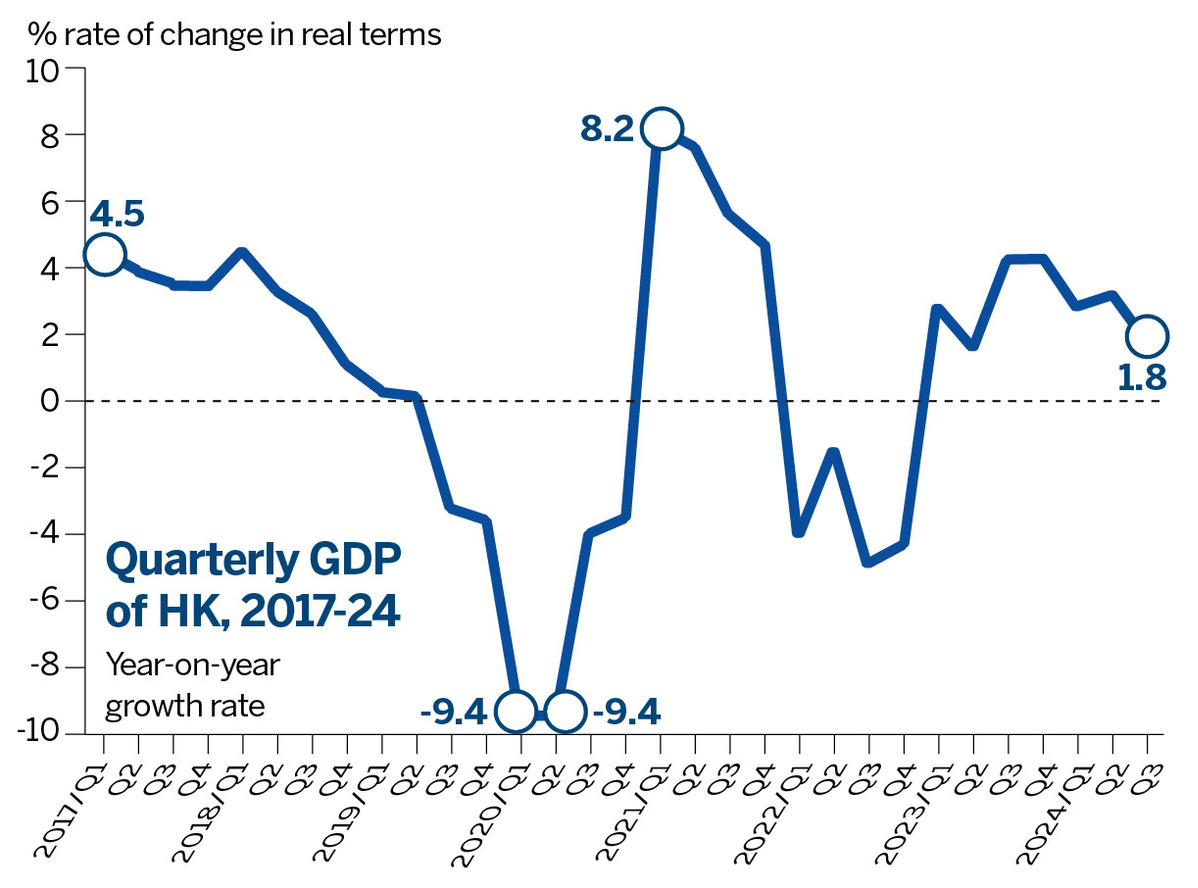
Embracing flexibility
"We are on the edge of a changing world. I think the mindset has to change overall," said Savana Pires, director of international business and development at Porto Business School, referring to the US presidential election.
Two weeks after Americans went to the polls, Pires led a group of 10 MBA students from the Portuguese business school to Hong Kong under one of four overseas exchange programs, others being in the US, Germany and India. During their weeklong trip, the students attended lessons at the Chinese University of Hong Kong and visited local companies to gain insights into the city's economic landscape.
"When we first thought about coming to China in 2020 or 2021, people doubted us. They said 'Why China? No one would want to go.' But we decided to give it a try, and now, here we are, in our second year. I think we will keep coming for the next 10 years," said Pires.
Flexibility has been Porto Business School's mantra in recent years. Pires recalled a challenge they faced when a group of students from the West African nation of Ghana was unable to obtain visas to visit Portugal. Instead of allowing the setback to derail their plans, the school pivoted, taking the program to Dubai, where professors and students could meet. "Dubai offered them visas, so we found a solution," said Pires. "Political issues might create barriers, but we have to overcome these challenges and keep facilitating global communication and learning."
The European business school's educational communication approach offers a glimpse into how the world is adapting to global headwinds with alternatives.
Since Hong Kong began its post-pandemic economic recovery bid in 2022, the SAR government has been ramping up efforts to promote the city and attract new investments to reboot its growth engine and restore its image as Asia's world city. Chief Executive John Lee Ka-chiu, Financial Secretary Paul Chan Mo-po, and other government officials have led delegations to various parts of the world in recent years to develop business collaborations and forge closer ties on top of Hong Kong's traditional partnerships with the US and Europe.
InvestHK - the SAR government's investment promotion agency - said it helped 150 mainland and 172 overseas enterprises set up shop or expand their operations in the city in the first half of this year - up 43 percent, compared with the same period in 2023. These companies have pledged to invest HK$38.3 billion ($4.9 billion) in investments to boost the local economy and create more than 3,500 jobs.
The injection came amid prolonged geopolitical tensions, as seen in the scaling back of foreign businesses' presence in Hong Kong, and a US bill that could potentially shut the SAR's trade offices in the US. Data from the Census and Statistics Department shows that the number of regional headquarters in Hong Kong has seen a continuous decline from 1,541 in 2019 to 1,336 last year. The steepest drops were among companies from the US, Japan and the UK.
- Hainan official under scrutiny for alleged breach of discipline and the law
- China releases soil profile dataset
- Cushioning headwinds
- China Southern Airlines hosts guide-dog-themed flight event
- China Soil Profile Dataset launched, outlines soil resources, quality
- China Marrow Donor Program records 19,000th donation
















